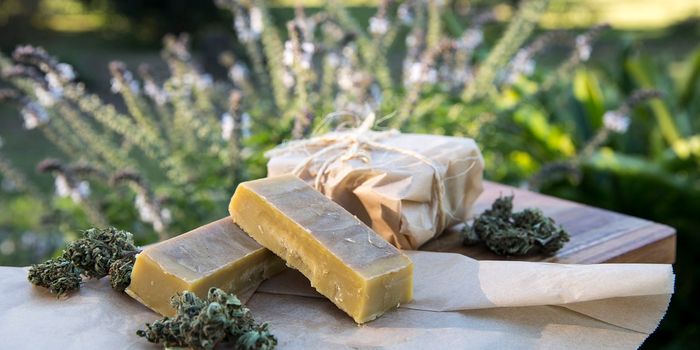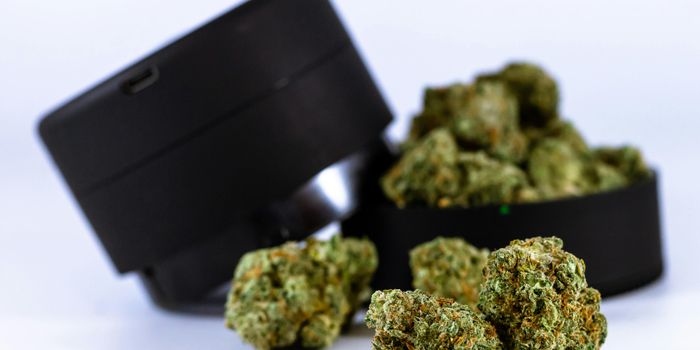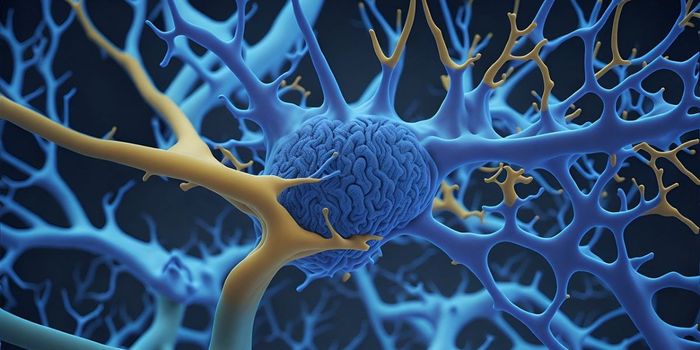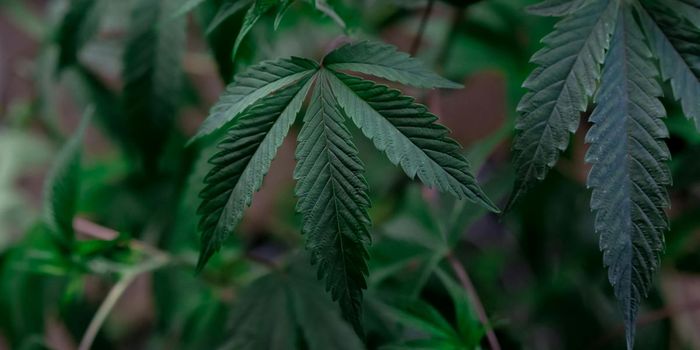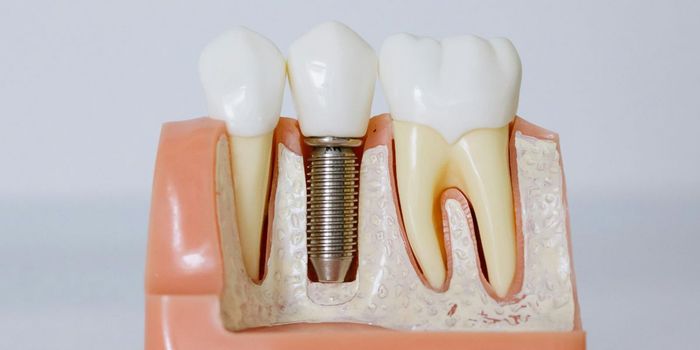Does Cannabis Reduce Depression and Stress in Pregnancy?

Although the American College of Obstetricians and Gynecologists discourages cannabis use during pregnancy and preconception, use of the substance among pregnant women has increased generationally. Reasons for use include nausea and mental health conditions.
In the current study, researchers examined whether prental cannabis use- especially when used to cope with mental health issues- is linked to changes in depression and stress across all trimesters. To do so, they recruited 504 pregnant individuals with an average age of 26 years old between 2019 and 2024, and followed them throughout their pregnancies.
The study's primary outcomes included self-reported depression, stress and cannabis use at each trimester, alongside the motives for cannabis use during the first trimester. Women who reported heavy episodic alcohol use or other illicit drug use were excluded from the research.
Ultimately, 46.8% of the cohort- or 236 individuals- reported prenatal cannabis use after learning of their pregnancy. Among them, 137 participants- or 58.1% of cannabis users- reported prenatal cannabis use for mental health reasons. While these individuals also had the highest depression scores at each trimester, their rate of change in depression was statistically equivalent to that of non-users.
The researchers reported that depression, stress and prenatal cannabis use decreased from the first to third trimester overall.
“Many studies on cannabis use during pregnancy focus on the impact of this prenatal exposure on fetal growth and offspring outcomes. Greater emphasis is needed on maternal prenatal well-being,” wrote the researchers in their study.
“Beyond the heightened risk of prolonged in utero exposure to their offspring, our study urges attentiveness to cannabis use in individuals experiencing mental health symptoms and calls for increased access to empirically supported and effective alternatives to cannabis during pregnancy in individuals with prenatal depression, particularly in those who report coping as a motive for their use,” they concluded.
Sources: Medscape, JAMA Network Open

